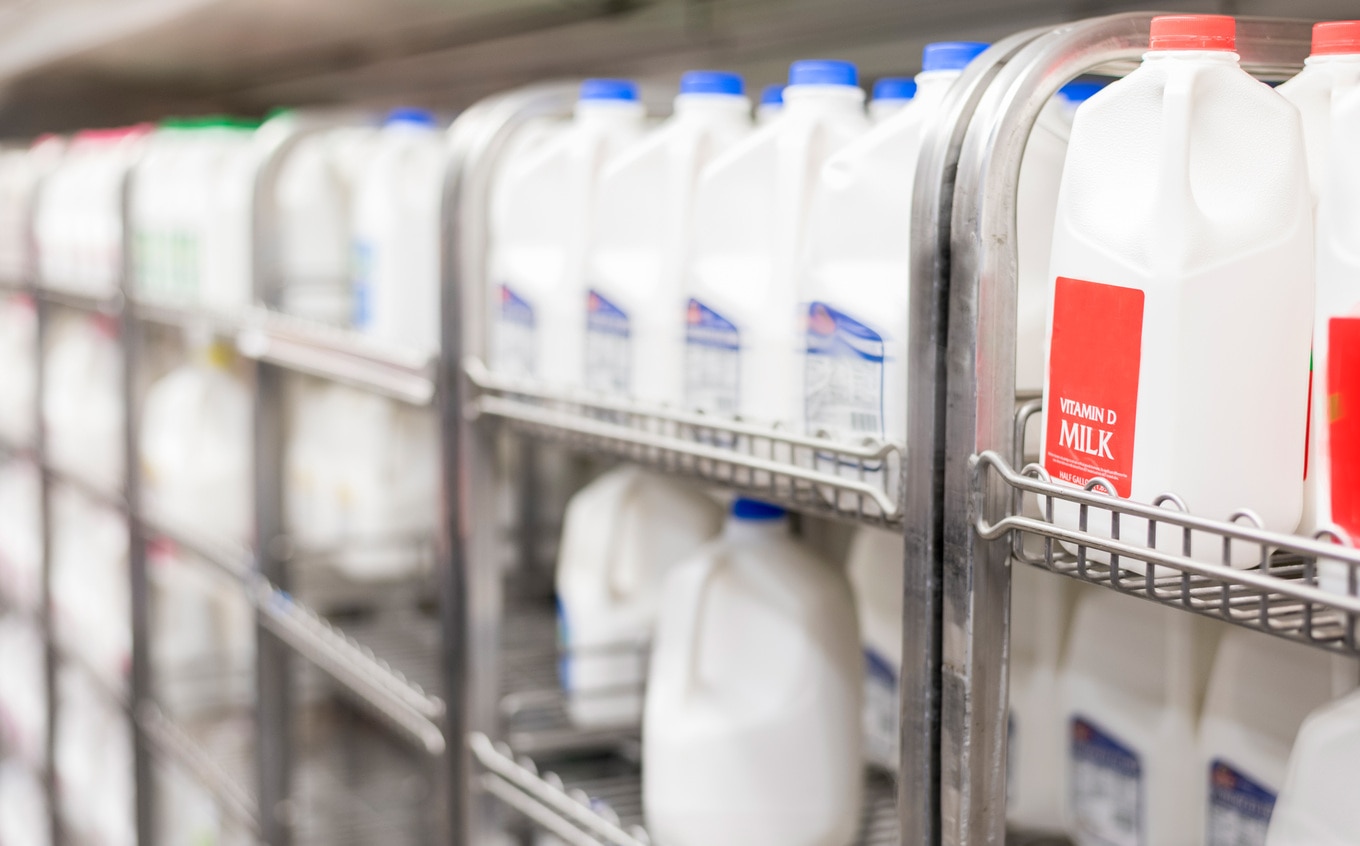Greater overall consumption of plant-based foods is associated with a lower risk of prostate cancer in men under the age of 65, according to a new study published in scientific, peer-reviewed publication Journal of Urology. The prospective study followed 47,243 men for up to 28 years. Plant-based dietary patterns were calculated using data from food frequency questionnaires collected every four years to discover the association between plant-based diets and the risk of prostate cancer.
During the study, a total of 6,660 men were diagnosed with prostate cancer, including 516 with advanced stage at diagnosis, 958 with lethal disease, and 807 deaths from prostate cancer. Researchers found that greater consumption of plant-based foods was associated with a lower risk of prostate cancer. In men under 65 years of age at diagnosis, greater overall consumption of plant-based foods was associated with a lower risk of advanced prostate cancer. Among younger men, greater consumption of a healthful plant-based diet was associated with lower risks of total prostate cancer. There were no associations with either the overall or healthful plant-based diet indices with prostate cancer among men older than 65 years.
Researchers pointed out that a limitation of the study was that less than one percent of participants followed a strict vegetarian or vegan diet, so they were unable to measure the risk in men who eat plant-based foods and no animal products.

Do plant-based diets lower prostate cancer risk?
Overall, the researchers determined that the study provides supportive evidence that greater consumption of healthful plant-based foods may be associated with a lower risk of total and fatal prostate cancer among younger men. The conclusion is similar to that of previous studies that suggest a beneficial role of specific plant-based foods, such as lycopene-rich tomatoes, and the potentially harmful role of meat, dairy, and other animal products.
One such study was presented to the American Institute for Cancer Research’s 2016 conference in Washington, DC. Researchers at The Ohio State University Comprehensive Cancer Center divided 32 men undergoing prostate cancer treatment into two groups. One group was assigned a plant-based diet and exercise regimen while the other was given standard care. In addition to reporting an overall improvement in their quality of life, after the three-month study period, the men on the plant-based diet were able to walk one-quarter mile up to four times faster than the control group. Plant-based patients also lost an average of four pounds, while the control group gained one-percent body fat.
Animal products increase risk
On the flip side, studies have determined that animal-based foods could increase men’s risk of the disease. A 2014 meta-analysis that looked at 32 related studies found that high intakes of dairy products, including whole and low-fat milk and cheese, increase the risk of prostate cancer and death from prostate cancer. One study published in the International Journal of Cancer found that men who consume three or more servings of dairy products a day had a 141 percent higher risk of death due to prostate cancer compared to those who consumed less than one serving.

In response to these findings, non-profit medical group Physicians Committee for Responsible Medicine recently placed advertisements in bus shelters across Washington, DC that urge residents to “Ditch Dairy to Protect Your Prostate.” According to the Centers for Disease Control and Prevention, Washington, DC has the highest prostate cancer mortality rate in the country.
As part of the health campaign, Maggie Neola, RD, LD, a dietician at PCRM and Barnard Medical Center, sent a letter to the Department of Health urging the center to update its cancer information with these findings. “To help fight prostate cancer in Washingtonian, DC, which has the highest prostate cancer mortality rate in the country, I encourage the District of Columbia Department of Health to update its prostate cancer information to warn that dairy products increase prostate cancer risk and to recommend a plant-based diet, which can be protective against prostate cancer,” Neola wrote.
For more on a plant-based diet and health, read:
First Study of Its Kind Links Vegan Meat to Better Gut HealthVegan Tips to Prevent, Reverse, and Manage Diabetes
7 Inflammation-Reducing Vegan Food Groups
JUMP TO ... Latest News | Recipes | Guides | Health | Subscribe








